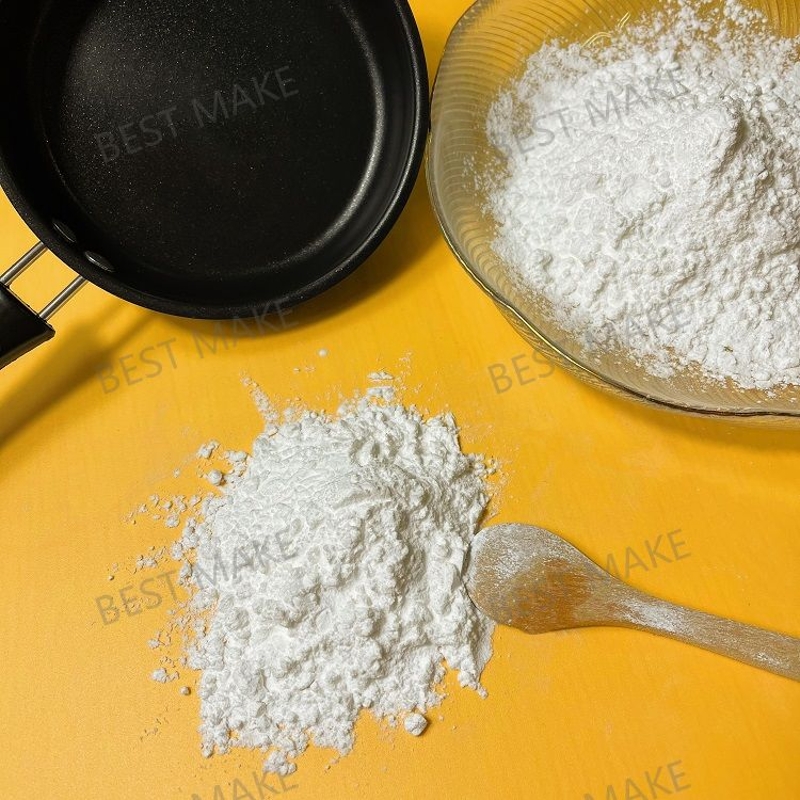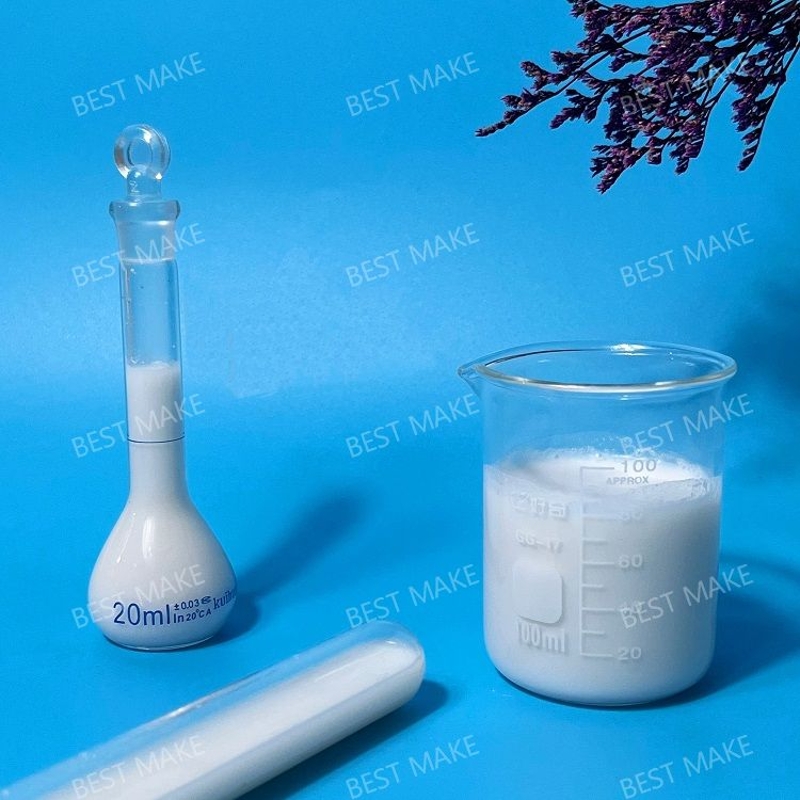-
Categories
-
Pharmaceutical Intermediates
-
Active Pharmaceutical Ingredients
-
Food Additives
- Industrial Coatings
- Agrochemicals
- Dyes and Pigments
- Surfactant
- Flavors and Fragrances
- Chemical Reagents
- Catalyst and Auxiliary
- Natural Products
- Inorganic Chemistry
-
Organic Chemistry
-
Biochemical Engineering
- Analytical Chemistry
- Cosmetic Ingredient
-
Pharmaceutical Intermediates
Promotion
ECHEMI Mall
Wholesale
Weekly Price
Exhibition
News
-
Trade Service
Editor's note: Bisphenol A (BPA) has long been used in the manufacture of polycarbonate plastics and epoxy resins, which are essential in consumer and industrial products used in modern life, and are often used in a variety of materials that come into contact with food, which are closely related
to public health and food safety.
BPA is one of the most fully tested chemicals in use today, with a 50-year track record
of safety.
However, the public continues to question its safety and harmfulness
.
In order to help readers scientifically understand BPA, with the assistance of the Polycarbonate BPA China Working Group, this journal has specially opened the column "Scientific Cognition • Misunderstood BPA" from this issue, in order to restore the real BPA
for readers through authoritative scientific data.
Bisphenol A is one of
the most widely used chemical raw materials in the world.
Russian chemist A.
P.
Dianin first synthesized bisphenol A
in 1891.
In industry, bisphenol A is made by condensation of phenol and acetone in an acidic medium to obtain the "A" in bisphenol A, which is taken from the initials of acetone English Acetone
.
BPA is widely used in the chemical industry, of which polycarbonate resin and epoxy resin are the most important application areas of
BPA.
Due to the incomparable advantages of many other materials, polycarbonate resins are widely used in the production and processing of daily consumer goods, such as automotive lampshades, CD discs, transparent sunshine house building materials, etc
.
Bisphenol A type epoxy resin is the most widely used type
of epoxy resin.
Epoxy resin, as a raw material for coating the inner wall of food and beverage cans, has played an important role in preventing food spoilage and extending shelf life, and is also widely used
in dental fillings, electronic and electrical components and other fields.
Many comprehensive, good laboratory practice studies support the safety of
BPA.
Its pharmacokinetics show that bisphenol A is rapidly converted into non-biologically active metabolites after ingestion into the human body and rapidly excreted in urine
.
The world's leading government agencies have affirmed the safety of BPA in applications including food contact materials and approved the use
of BPA in food contact materials.
In 2015, the European Food Safety Authority (EFSA), the authoritative food safety risk assessment agency in the European Union, considered that the current exposure to BPA poses no health risk
to people of all ages, including infants and young children, under the premise of fully considering scientific uncertainties.
After four years of review of 300 scientific studies by experts from the U.
S.
Food and Drug Administration (FDA), the latest 2014 assessment concluded that BPA is safe
.
Introduction to the
Polycarbonate BPA Working Group The Polycarbonate BPA Working Group is an industry association group
of the world's major polycarbonate and/or BPA producers.
The working group has five regional working groups in China, Europe, Japan, Korea and North America Chemical Industry Associations, which carry out industry advocacy and scientific exchange work under the operational guidance of the global working group
.
The China Working Group of Polycarbonate BPA works under the leadership of the China Petroleum and Chemical Industry Federation to carry out science-based industry advocacy and scientific exchange activities
on polycarbonate and BPA in China.
The purpose of the work is to carry out science-based advocacy and communication with stakeholders on polycarbonate and bisphenol A, and to advocate science-based industrial policies and laws and regulations; Raise the scientific understanding of polycarbonate and BPA among the industry and the public and promote the sustainable development of the
industry.
For more information, please visit
the Polycarbonate BPA China Working Group website: www.
pcbpachina.
com
or follow the WeChat public account:
Polycarbonate BPA Working Group
www.
pcbpachina.
com







